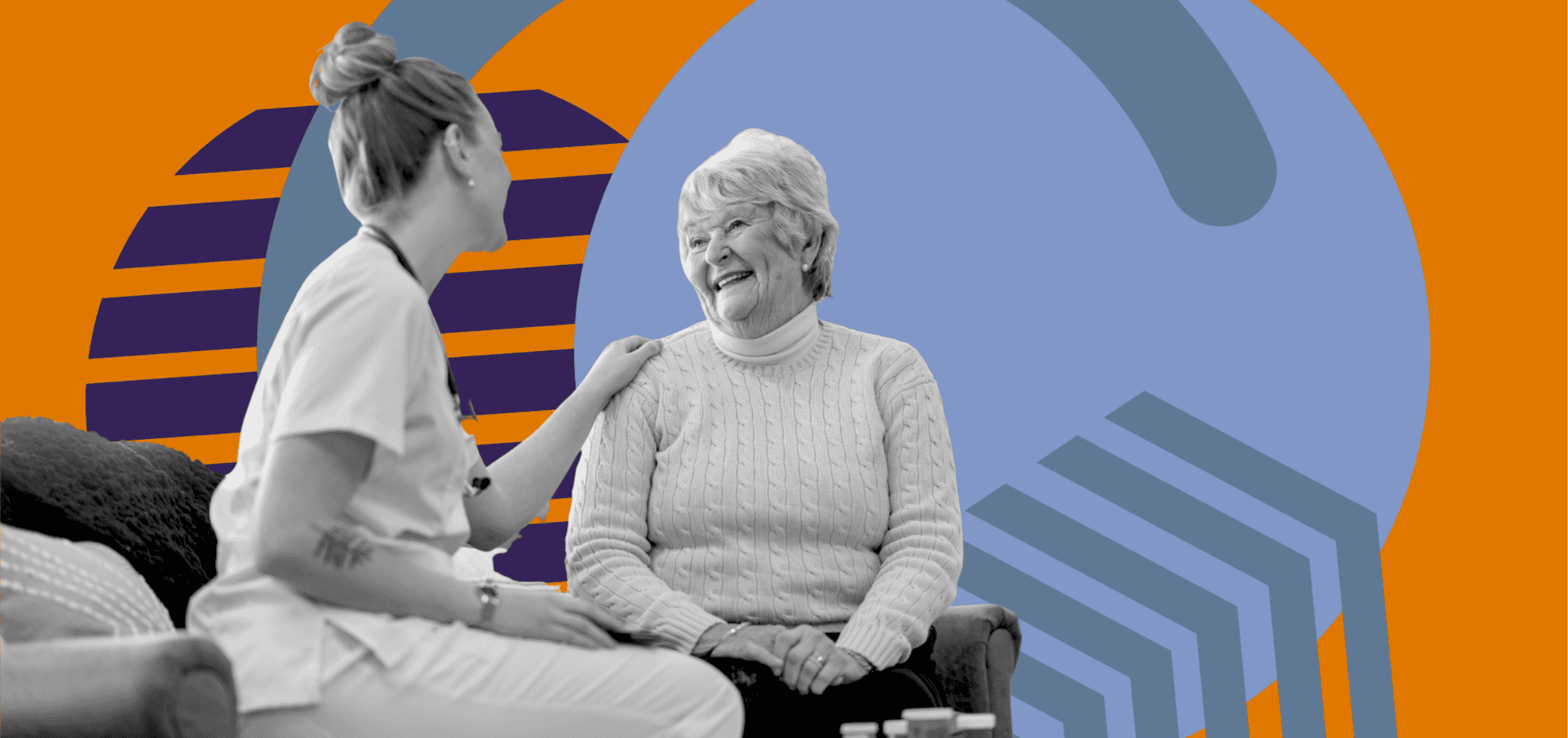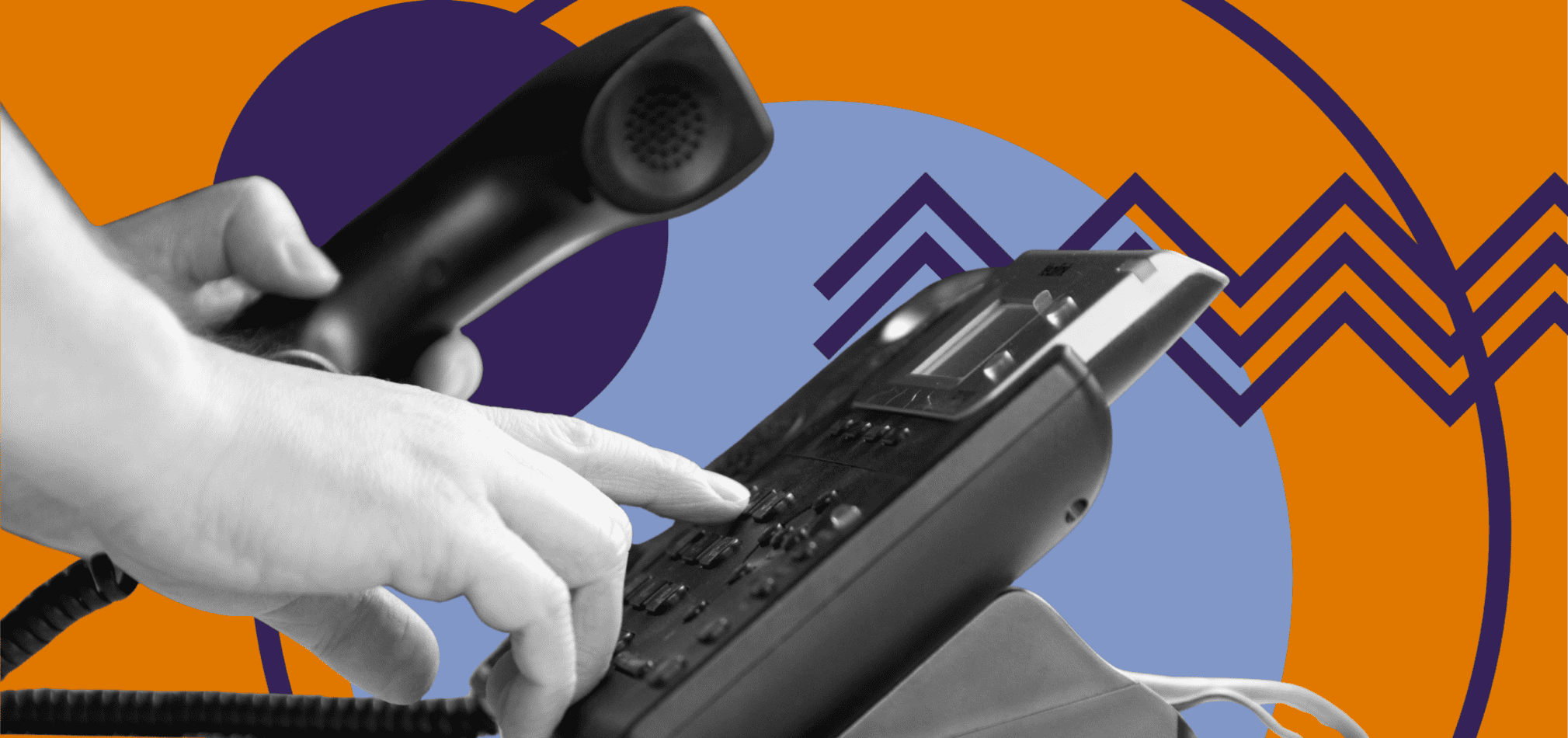Home Health & Hospice Competency Requirements: What You Need to Know
July 14th, 2025
6 min read
By Abigail Karl

If you’re hiring new staff and unsure if your competency process will hold up during survey, you’re not alone. We hear it all the time from agency owners:
- “Who’s allowed to do the competency?”
- “Can we simulate it?”
- “What if it’s overdue—can I still send them out?”
Competencies can feel like one more administrative burden, but they’re a common area agencies get cited during survey. Why? The rules are specific, the deadlines are strict, and a missing signature or delayed evaluation can take a compliant hire and turn them into a regulatory risk.
*This article was written in consultation with Mariam Treystman.
At The Home Health Consultant, we help Medicare-certified agencies build real-world systems that prevent deficiencies. That includes fixing, and often rebuilding, your competency process so you’re not scrambling every time you onboard new staff.
In this article, we’ll break down:
- exactly what competencies are
- when they’re required
- who can complete them
- what you need to do to stay compliant
Whether you're a new agency or just need a compliance reset, you'll walk away knowing exactly what to do next.
What Does a Home Health or Hospice Competency Evaluation Actually Include?
At its core, a competency is a skills check. It’s how your agency confirms that a clinician actually knows how to do what they’re being hired to do—before they treat a patient on their own.
This isn’t just a best practice. It’s a regulatory requirement. Under Medicare’s Conditions of Participation, all direct care staff must be evaluated on their ability to perform assigned duties:
- At hire, either during or before their first patient visit
- Annually thereafter, by the exact anniversary date—not a day late
Competencies can include different types of evaluations depending on the skill, the discipline, and the setting. But no matter the format, one thing stays the same: someone who is qualified needs to watch that person do the task and confirm they can do it safely and effectively.
Who Can Perform a Competency Evaluation in Home Health and Hospice?
Not everyone on your team is qualified to conduct a competency evaluation, even if they’re licensed. The person doing the evaluating must be an evaluation-level clinician in the same discipline as the person being evaluated.
Here’s how it plays out in real-world staffing:
- An RN can competency another RN or an LVN, but an LVN cannot competency an RN.
- A PT must competency a PT, and the same goes for OT and ST—each discipline evaluates its own.
- A therapy assistant (like a PTA or COTA) can’t evaluate another assistant. They must be evaluated by a full therapist within their discipline.
- The one standing exception? Home health aides must always be competency’d by an RN. Aides cannot evaluate each other.
Still unsure who qualifies? Here’s a shortcut from our co-founder Mariam Treystman: “Whoever can do the OASIS can do the competency.” So if they’re allowed to complete an OASIS assessment, they can likely perform the competency evaluation for that discipline.
When Do You Need to Complete a Competency for New and Existing Staff?

The timing of competencies is where most agencies slip up, and it’s one of the easiest ways to get cited during survey.
At hire, the competency must be done before or during the clinician’s first visit. This visit can be used as the evaluation itself, as long as the evaluator is present to supervise and observe the required skills in action.
If a clinician hasn’t been evaluated on a particular skill in the patient’s care plan, they cannot perform that skill alone. The evaluating clinician must go with them, either to observe or assist, until each skill has been signed off.
Now let’s talk about the annual requirement. Competencies must be completed every 12 months to the day. Not the week. Not the month. If an RN was evaluated on June 10th of last year, their new competency must be done on or before June 10th this year.
If a year passes without an updated competency, that clinician is grounded. That clinician cannot visit patients until you’ve re-evaluated and documented their skills.
Even if they were inactive for months, the clock doesn’t pause. The annual requirement still applies.
What Methods Can Be Used to Complete a Competency Evaluation?
Competencies don’t all look the same. Depending on the skill, you can use a few different formats:
- Observation: A qualified clinician watches the staff member perform the skill, either in real time or during a simulation. This is the gold standard and a mandatory requirement for many clinical tasks.
- Verbal or written testing: For some knowledge-based skills, a scenario or test may be used instead of physical demonstration.
- Self-assessment: Staff report their comfort level with certain skills. But here’s the catch: this method only works for low-risk skills and cannot be used for procedures that require hands-on validation.
Some tasks must be performed and observed directly. You can’t just simulate wound care, an injection, or IV access. You either need a real patient with that need, or a simulation setup that includes performing the actual task with consent (e.g., pricking a finger for a blood glucose check).
If you’re simulating something like vitals, it’s simple. But for wound care? The person needs to have an actual wound. We hope this is implied, but, you can’t inject someone with diabetic medication unless they actually have diabetes.
What If You’re a Small Home Health or Hospice Agency With Only Two Clinicians?
This comes up more than you’d think.
If you have two clinicians and both need competencies, you’re allowed to evaluate each other. This is permissible as long as both clinicians are evaluation-level in their respective disciplines. It may feel like a circular reference, but is accepted at survey, and isn’t specifically prohibited under current Medicare guidelines.
As long as each person is qualified and the documentation reflects the correct roles, this works. One completes a competency the other, then they switch roles and do it again.
Why Does Competency Timing Matter So Much?
Competency timing is incredibly important because surveyors check this closely. Any gap, even one day, can result in a deficiency.
If you’re onboarding a new nurse and send them on their first visit without a competency? You’re out of compliance. If someone’s annual evaluation is overdue and they’re still seeing patients? You’re out of compliance.
And even if you’re planning to “catch up later,” that will not hold up during survey.
That’s why The Home Health Consultant recommends building your competency process into your HR systems. Be sure to include:
- due date tracking
- checklists by discipline
- evaluation protocols
This way you and your team can ensure every box gets checked before anyone is in the field.
Understanding the Difference: Supervision Policies vs. Competency Evaluations

Agency owners often confuse competencies with supervision, but they serve very different roles in compliance and care quality.
What is a Competency Evaluation?
- Competency is a formal skills check. Its goal is to confirm that a clinician can perform specific clinical tasks safely and accurately before working independently.
- It’s required:
- At hire, on or before the first visit
- Annually, on the exact anniversary date or before
- Evaluation must be completed by a clinician in the same discipline, and often includes observation, testing, or simulation. For tasks like wound care or injections, direct observation is mandatory.
What is Supervision?
- Supervision refers to ongoing monitoring of care in real-world settings, ensuring clinicians apply their skills correctly with actual patients.
- Besides performing clinical properly, supervision also includes assessing the clinician’s adherence to the agency’s policies.
- It includes chart reviews, performance audits, and regular check-ins, such as:
- Home health aides receiving supervisory visits:
- At least every 14 days during skilled care
- Every 60 days—on-site with the aide—when only non‑skilled care
- Hospice aides requiring RN supervisory visits no less than every 14 days
- Home health aides receiving supervisory visits:
Why Both Competencies and Supervision Matter for Your Agency
Think of it this way:
- Competency is the pre-flight check—you confirm the clinician knows how to do the job.
- Supervision is the in-flight monitoring—you ensure they keep doing it correctly once deployed.
Passing a competency evaluation doesn’t replace the need for ongoing supervision. For one example: an LVN may successfully demonstrate safe transfer techniques during a competency check. But that LVN still needs supervisory oversight on-site to ensure they perform those transfers consistently and safely in real-world situations, and follow other visit based procedures.
How Competencies Protect Your Patients & Your Agency
A competency isn’t about paperwork, it’s about safety. Someone needs to watch your clinicians do their job correctly before they do their job completely alone. And then they need to have these skills validated again, once a year.
It’s that simple, and that non-negotiable.
But here’s where most agencies go wrong: they treat it like a checklist instead of a process. They forget that competency is tied to supervision, annual evaluations, and ongoing performance. It’s not just about what happens at hire. It’s about making sure your team is always equipped to deliver the care they’ve been assigned.
Want to make sure your supervision process supports your competency program?
Check out our article on supervision requirements for home health and hospice staff.
And if you’re not 100% confident in your agency’s competency process—or you’re worried about documentation gaps—we can help. Schedule a call with The Home Health Consultant, and we’ll walk through how to build a system that protects your agency year-round.
*Disclaimer: The content provided in this article is not intended to be, nor should it be construed as, legal, financial, or professional advice. No consultant-client relationship is established by engaging with this content. You should seek the advice of a qualified attorney, financial advisor, or other professional regarding any legal or business matters. The consultant assumes no liability for any actions taken based on the information provided.




























